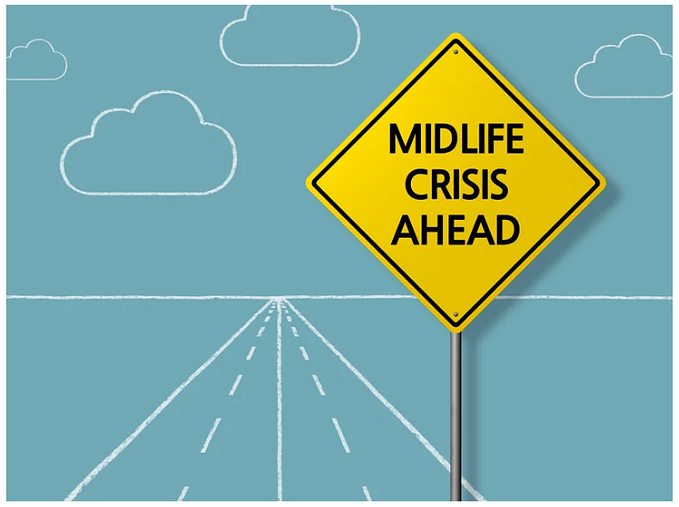Member-only story
A Behavioral Scientist’s Advice for Giving the Perfect Gift
Three misconceptions tend to get in our way

This time of year, among all the new decisions we’re being forced to make — about canceling plans, about connecting via video chat, about the precautions that will protect us and our loved ones — one thing remains the same: We’re in the thick of gift-giving season. And holiday shopping is, in itself, a marathon of decisions.
I say this as someone who studies decision-making for a living: Finding just the right gift doesn’t have to be stressful. In fact, there’s plenty of behavioral-science research out there we can use to guide us. Rely on these insights to save yourself some angst while sparking joy in the people you love most — and feel more connected in the process.
Misconception 1: It has to be a surprise
Pulling off the perfect surprise gift shows someone how well you know them or demonstrates that you were listening when they made that offhand comment while passing a store window. And it’s a gift in itself to see the joy on someone’s face as they open something they weren’t expecting.
But making it a goal to surprise someone for its own sake can be more stressful than it’s worth. In one 2011 study, researchers from Harvard and Stanford found that people tend to appreciate gifts they’ve asked for more than ones they haven’t. (Notably, when they were the ones giving the gifts, people incorrectly assumed that either type of present would be appreciated equally.)
You can save yourself a lot of time and effort, then, by simply asking your recipient what they want — and you don’t need to worry that you’ll come off as less thoughtful. In a study out of the University of Chicago, researchers found that as givers, we overestimate the degree to which our recipients consider the thought behind a gift.
Notably, the same study also found that recipients are more likely to consider the thoughtfulness of a present — or the lack thereof — when it’s something they don’t like. The easiest way to avoid that? Getting their input.






